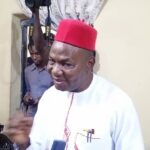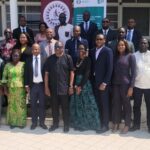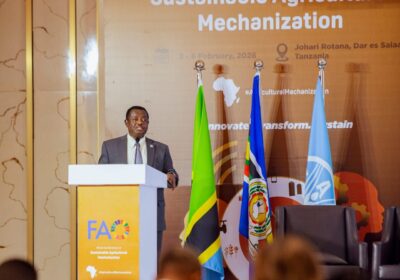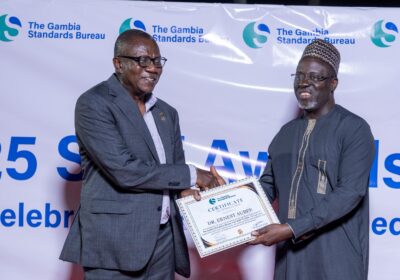Nigeria Loses $9bn Annually to Rogue Miners Backed by Elites — Police.
By Raymond Enoch
Nigeria is losing a staggering $9 billion annually to illegal mining activities, a criminal enterprise now being linked to powerful cartels and politically connected sponsors, according to the Federal Capital Territory (FCT) Police Commissioner, CP Ajao Adewale.
The Commissioner disclosed this alarming figure during a media engagement organized by the Nigeria Union of Journalists (NUJ), FCT Council, held in Abuja on Tuesday. He warned that illegal mining has moved beyond mere resource theft, becoming a full-blown national security threat.
CP Adewale stated that these illegal activities are often backed by influential Nigerians who use foreigners as fronts, while evading accountability and laundering profits through opaque channels.
He noted that illegal mining is not only draining the nation’s economy but also financing insecurity, fuelling banditry and terrorism in mineral-rich regions across the country.
“The security implications of illegal mining are enormous. These activities are not just criminal—they are aiding and abetting violence, displacement, and environmental degradation,” the Commissioner said.
He further revealed that within the FCT alone, illegal mining is active in areas such as Gwagwalada, Kuje, Asokoro, Gaube, and Katampe Extension. Over 72 arrests have been made in the territory between 2023 and 2024, with suspects handed over to appropriate authorities for prosecution.
Other illegal mining hotspots highlighted include Zamfara, Nasarawa, Kogi, Kaduna, Niger, Kwara, and Osun States, where enforcement efforts have faced stiff resistance due to the involvement of well-funded cartels.
Also speaking at the event, the Commander of the Mining Marshals under the Ministry of Solid Minerals Development, Attah Onoja, said cartels have resorted to funding media propaganda in an attempt to discredit ongoing enforcement operations.
He urged journalists to resist such manipulation and maintain the integrity of their profession, emphasizing the need for investigative reporting to expose those behind the scenes.
Dele Ayanleke, President of the Miners Association of Nigeria (MAN), described the losses as not only financial but also human and environmental. He cited instances of child labour in Nasarawa’s lithium sites and mercury poisoning in Zamfara as consequences of unchecked operations.
According to Ayanleke, the dominance of illegal operators undermines investor confidence in the mining sector and exposes host communities to exploitation and health hazards.
In her remarks, NUJ FCT Council Chairman, Grace Ike, called on the media to step up its role in uncovering the real actors behind the crisis. She charged journalists to go beyond headlines and delve into the networks enabling illegal mining.
“We must hold those responsible to account—whether they are in boardrooms or in the bush,” she said.
The Commissioner concluded by reiterating the commitment of the Nigeria Police Force and allied agencies like the NSCDC and EFCC to dismantle the criminal networks involved in illegal mining.
He warned that the fight will not be won without strong media support, public vigilance, and political will.










